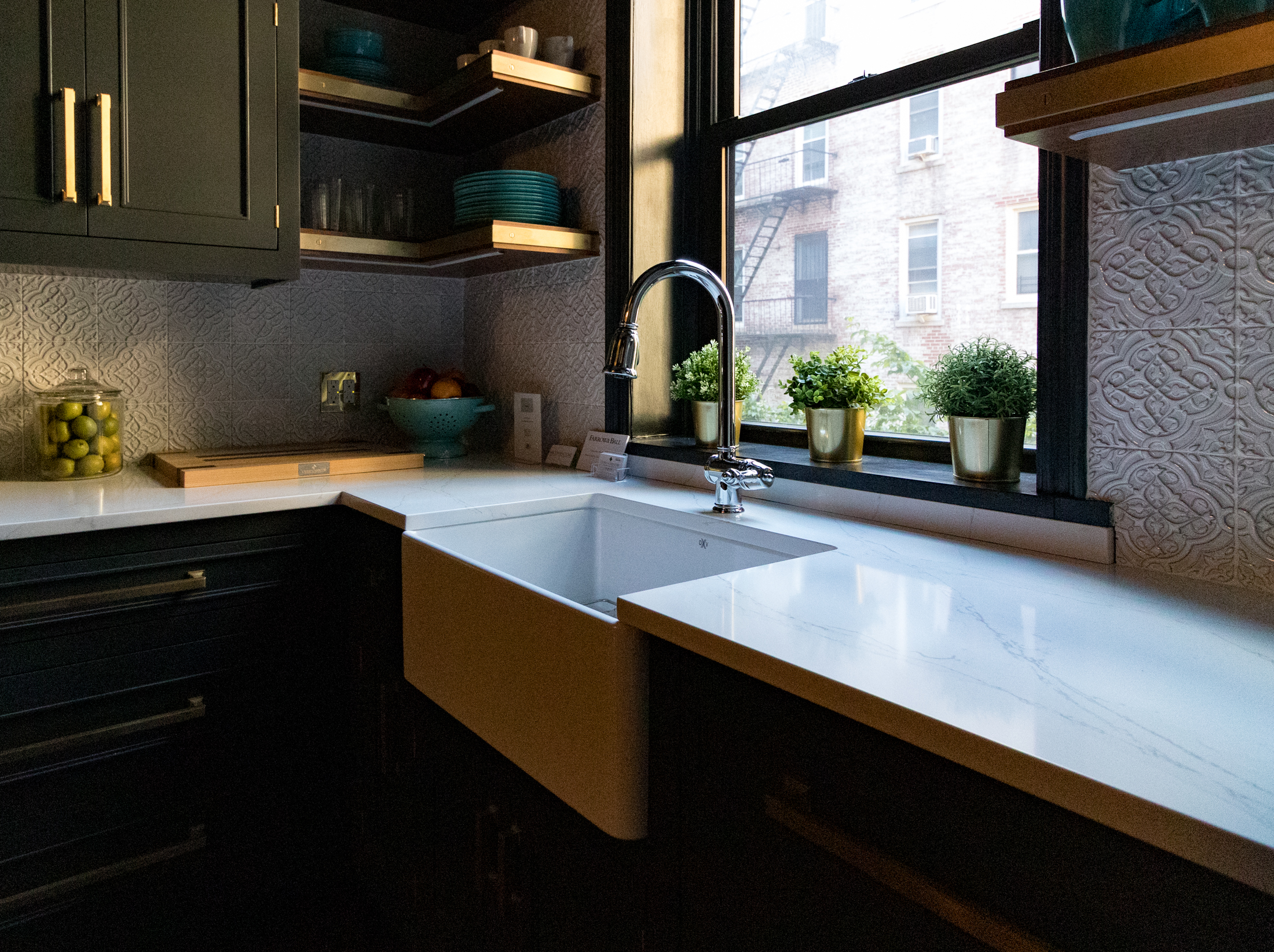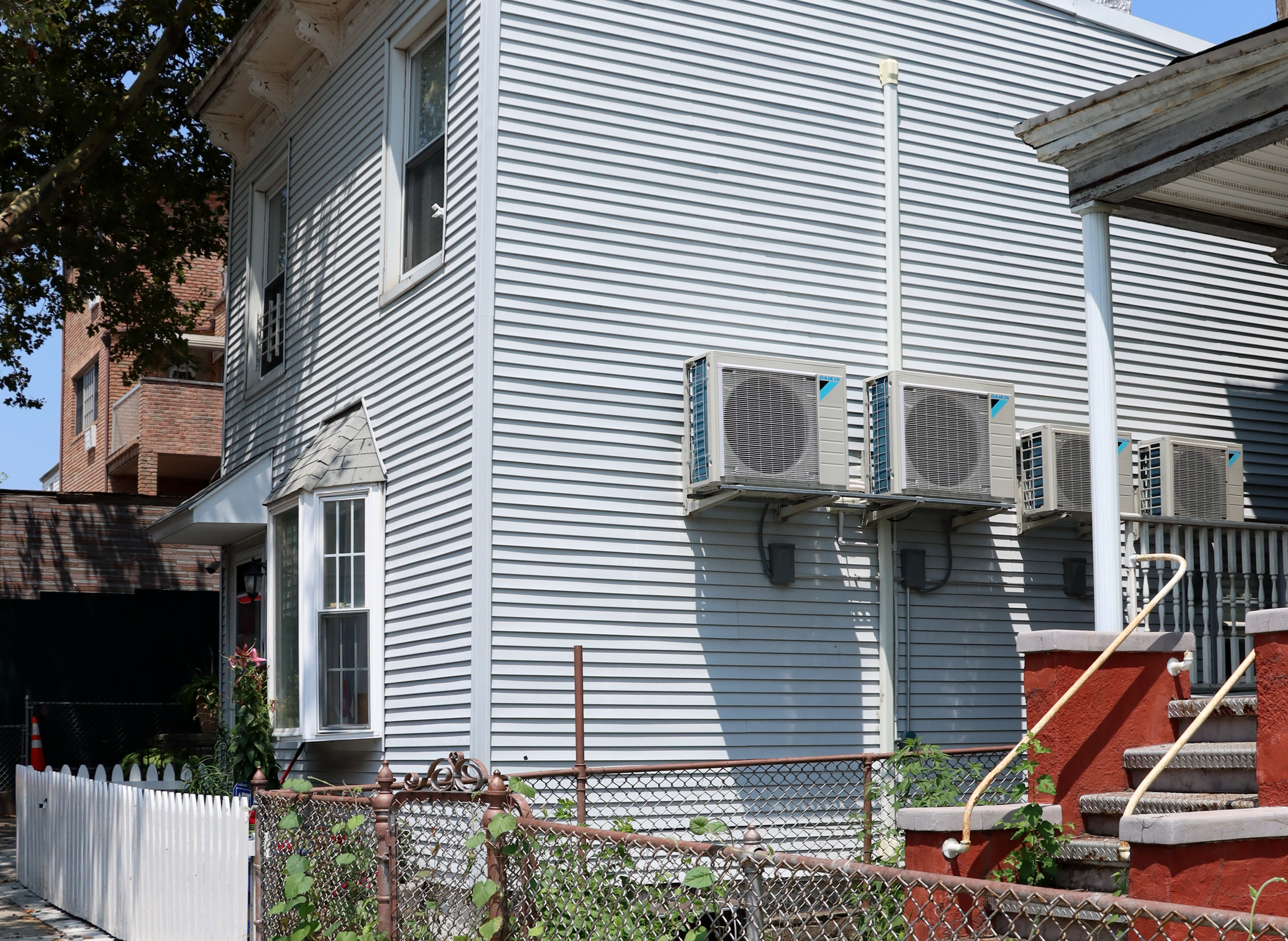From the Forum: Cost of Heating With Oil?
Looking to make an offer. Question about oil heat My wife and I are looking to make an offer on a two-family. The building currently uses an oil heating system. Our broker has asked the seller for records for oil purchases so we can get an idea of the cost of heating, but we haven’t…

Looking to make an offer. Question about oil heat
My wife and I are looking to make an offer on a two-family. The building currently uses an oil heating system. Our broker has asked the seller for records for oil purchases so we can get an idea of the cost of heating, but we haven’t been updated.
I’ve done a lot of digging around these forums, and have seen some posts with people on the high side saying their costs of oil heating was in the $1K/month range for a similar home, so it could be a significant part of the financial calculations.
The seller has asked for a best-and-final offer we are generally inclined to make one. However, the unknown of the oil heating question has us a bit concerned. Is it unreasonable for us to push harder to get this number before making an offer? Or would you guys recommend any other strategy for handling this unknown?
Have answers? Need help with something? Visit the Brownstoner Forum.
Photo via HeatingHelp.com









Yeah, I also just switched the burner, but my plumber told that we could do that only because my boiler is relatively updated and is convertible. You can not sod so with some much older models
surabi, who was doing the burner conversion for you? Would you recommend them to anyone interested?
Yes, he’s amazing. Reputable and reasonable. He’s been in Cobble Hill for decades. Feel free to email me at surabi0816@gmail.com for his contact
My oil bill in the coldest month 2 year ago peaked at $1,600, so I bite the bullet and converted to gas that year, and now it peaks at $570 for the coldest month, the rest of the winter ranges from $200-500.
I have a 3 family, 3 stories plus cellar, about 3500 sf, excluding cellar.
I have an oil boiler. Mine is from 1968, it operates at about 60% efficiency when it’s cleaned, on a new filter, and has been serviced. It is set up on a timer, so it doesn’t run when I’m not home, this helps prevent waste. Over the course of this year (apr14 to apr15) I spent about $2900 for heat and hot water. House is about 3000 sq ft.
I compared this with a friend that has a nat gas set up he spent about 2400 on gas year round, his place is larger by about 1000sq ft.
Conversions cost about 8-12k depending on equipment you want to get and the size of your house. It takes about 2-3 days for them to do the entire job so don’t try it in the winter!
I don’t think it’s worth going for a conversion if your equipment is still working because it doesn’t really pay for itself in a meaningful way. People say you save money but it is literally decades away, given the propensity for both fuel prices to spike during cold season I can at least time my purchases to smooth it out. Not possible with natural gas. Assuming I am overpaying 500 a year would mean that it would take over 16 years for a cheap nat gas conversion unit; 16 years is a long time I don’t know that I would be in my house that long.
FWIW if that is your boiler in the pic, burnham makes some of the best oil furnaces in the business. I would steer away from the instant heat and opt for a tank instead since they last longer and provide a better source of continuous hot water.
Dave, I never said that in the current day to day pricing structure natural gas was cheaper, I pointed out your pricing is wrong, by at least 30%. I also pointed out that natural gas prices are significantly more volatile than heating oil prices and can quickly offset any forecasted annual savings. Also you might be the only person I’ve ever met that managed to ‘lock in’ natural gas prices for a house (outside of futures traders). Fourth is that you continue to ignore the HIGH COST of conversion. Which is what blows the numbers for the entire deal!
Best advice in the thread right here: Prospective home buyer – do not change things that do not need to be changed, you will incur significant costs and often unexpected costs as everything will need to be brought up to current code. Changing utilities is already a large expense, tread carefully and spend AT LEAST a year to weight the options and do your own cost benefit analysis.
Raster you’re right about efficiency, but again the cost to put a new one in is something to be considered, next time I have my plumber over I’ll ask and we can have that conversation.
As for pricing, it is difficult to come up with the best way to answer this, because it is open to speculation (ha). Natural gas prices are high, but in a different way, they are subject to daily price spikes which gets passed on to consumers, I watched prices jump as much as 50% over a week two years ago when we had a polar vortex. Heating oil wasn’t effected nearly as much because of the ability to store the energy source.
Check this out:
Natural gas
http://www.barchart.com/chart.php?sym=NGK15&t=BAR&size=M&v=2&g=1&p=MN&d=X&qb=1&style=technical&template=
Heating oil
http://www.barchart.com/chart.php?sym=HOK15&t=BAR&size=M&v=2&g=1&p=MN&d=X&qb=1&style=technical&template=
Now we are looking at this over a 25 year period. Granted, but you can see how natural gas prices swing in large MULTIPLES, the year 2002-2003 saw a 600% rise. Compare that to heating oil 2002-2003 saw a 100% increase in cost. My point is that natural gas prices are more volatile, natural gas is all over the map and very unpredictable. Yes, right now I pay a modest premium but I’m not throwing money away on a conversion when I have a set up that works. Besides for all we know all the conversions to natural gas units will only amplify the volatility of the prices.
Johnbk, the analysis would be a lot different if we were talking about last year’s heating oil prices – or the several years before that. The average is more like $3.50 a gallon.
But anyway, the other factor to consider is boiler efficiency. If you got a new boiler you would be doing a lot better than the 60% boiler efficiency you have right now.
Hey dave, you’re dead wrong with this one. Heating oil prices can be found from multiple vendors and different markets have different prices. I use a service called codfuel that lets me compare vendors and choose one, I purchased 250 gallons 12/12/14 for $2.55/gl from triboro energy. So your input cost is waaaaay off regarding HO.
Admittedly the daily cost is higher than natural gas. BUT the costs for swapping out parts, new equipment, permits, inspections, etc.. You could find out that you have to redo a chimney liner for a new boiler and that would add another 2k-3k. It’s being penny wise and pound foolish. If I don’t plan on staying in my house 16+ years I won’t see any savings because of the lump sum necessary to convert. Furthermore the cost to maintain the newer equipment is much higher, higher efficiency requires more precision, thus more expensive parts.
I for one will wait until my set up fails before I bother to deal with it, I would NEVER advise swapping out a system that works.